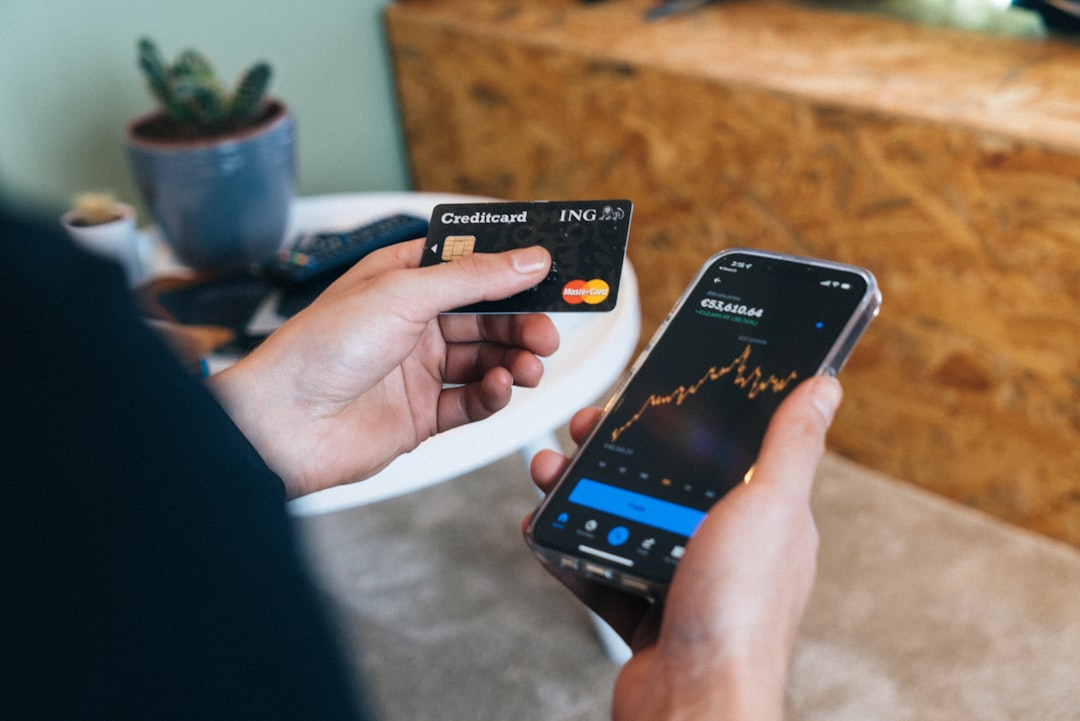A credit score is important for almost any consumer — if you want to buy a house or a car or rent an apartment — you need to have a decent credit score. These scores are also often used in determining insurance premiums and factor into a range of other consumer finance issues.
That means a low or bad score can keep people away from certain opportunities.
Since scores are important, it might make sense to attempt to repair a low credit score using a so-called credit repair company. However, this is not always the best idea.
It is important to note that credit repair services are prohibited from charging you an upfront fee. If you are presented with such an offer, you know that company is breaking the law and you should avoid dealing with them.
The National Consumer Law Center (NCLC) offers this advice:
“Consumers should never pay for credit repair–it’s a waste of money,” said Andrew Pizor, an attorney with NCLC. “You can get a free credit report and can fix errors yourself by going to annualcreditreport.com. Unfortunately, nothing but time can cure accurate negative information.”
The consumer protection attorneys at Finn Law Group offer these suggestions for how to deal with credit repair issues:
1. Check your credit report for errors and file a dispute if you find any.
2. Try to negotiate with your creditors to have negative items removed from your report.
3. Make all of your payments on time and consider paying off debt that is high interest first.
4. Use a credit monitoring service to keep an eye on your credit score and credit report.
5. Stay focused on the results and don’t fall for any quick fix scams.
A Warning on Buy Now, Pay Later
You know the products — Klarna, AfterPay, Sezzle, Affirm, even PayPal “Pay in 4.” They offer you the chance to buy what you need or want right now and pay for it over a short period of time, usually in four total payments.
This type of purchasing power boost can be especially helpful in a time of rising inflation. You get the product you want now at today’s price and manage the total purchase over time. It’s generally free, so it seems great.
Consumer groups, however, are warning that so-called “Buy Now, Pay Later” products actually come with a cost — and that cost can be high in terms of fees and even hits to your credit report.
One group that took a look at BNPL is the U.S. Public Interest Research Group (U.S. PIRG). They analyzed complaints to the Consumer Financial Protection Bureau to determine trends in the use of these products.
Here’s a quick distillation of the core findings:
Our findings, based on a review of complaints to the Consumer Financial Protection Bureau (CFPB) and the Better Business Bureau (BBB), show that hidden fees, interest and debt collection problems can harm consumers. We also find that consumers also face problems with customer service.




